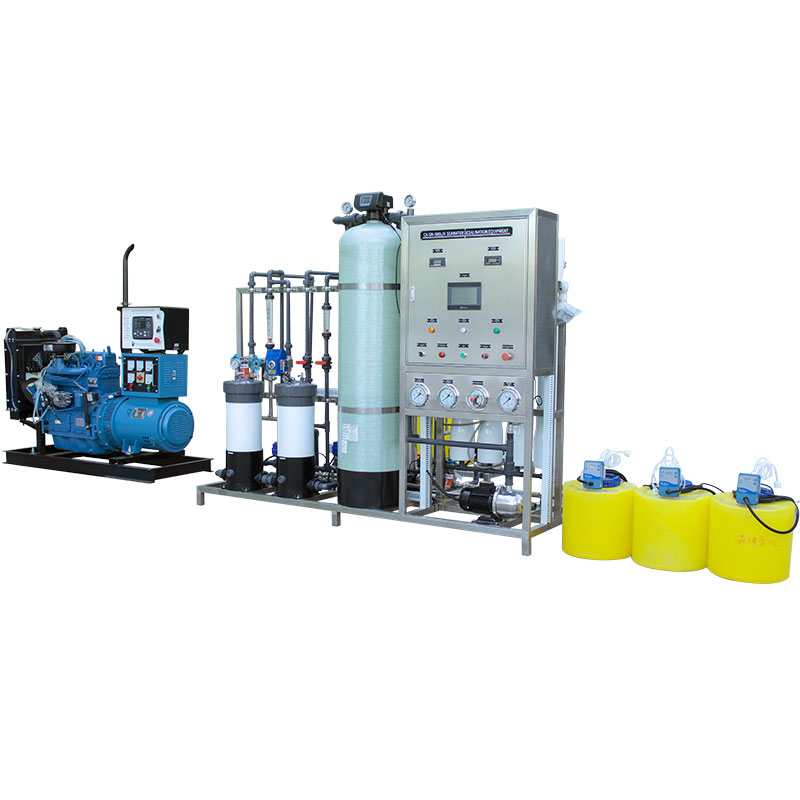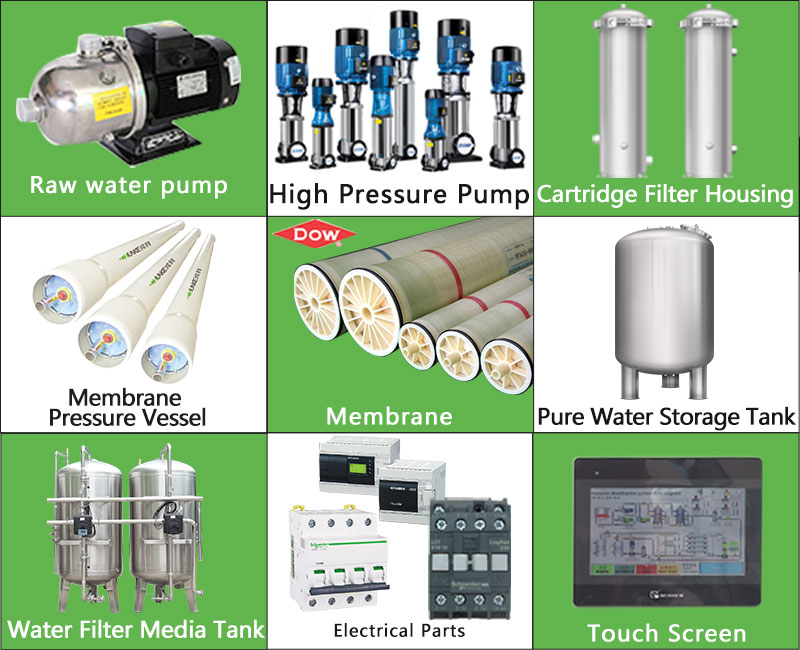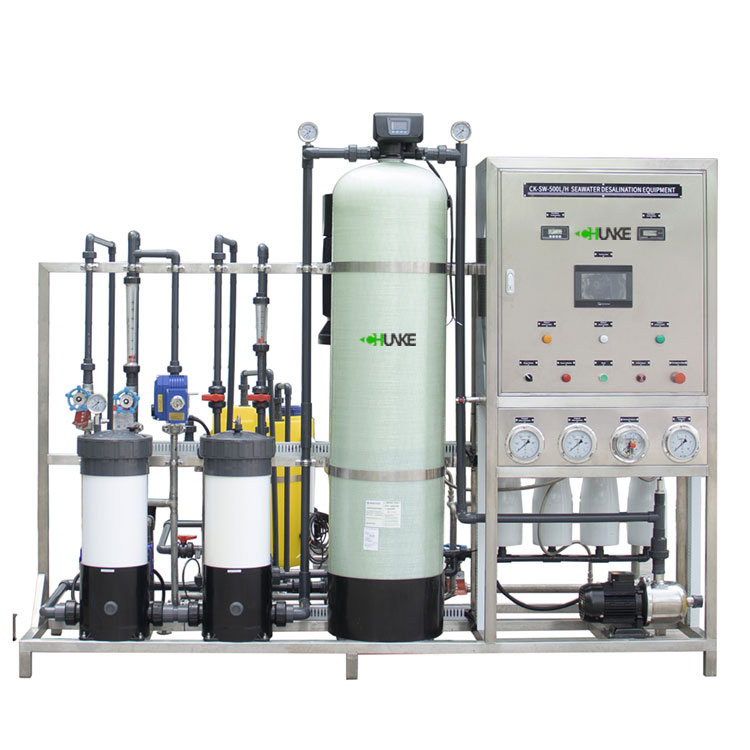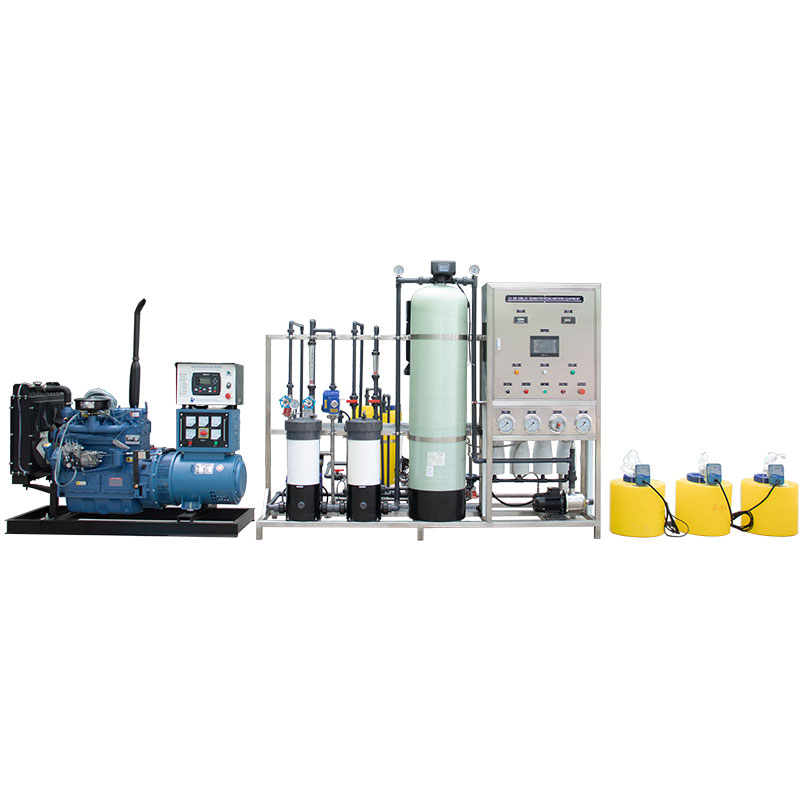What is a water purifier? Does a water purifier have a filter?
A water purifier is a household or commercial device designed to remove impurities, chemical contaminants and microorganisms from water through a multi-stage filtration and purification system, ultimately providing high-purity drinking water. As people's requirements for drinking water quality continue to increase, water purifiers have gradually become an indispensable device in homes, offices and some specific industries. However, many people still have many questions about the working principle of water purifiers, its relationship with filters, and the effectiveness of water purifiers.
This article will delve into what a water purifier is and whether it is equipped with a filter to help readers better understand the function and role of this device.

What is a water purifier?
A water purifier is a device that removes impurities, dissolved substances and microorganisms from tap water or other water sources through advanced water treatment technology to produce nearly pure water. Its main purpose is to provide drinking water or production water that meets high purity standards. The working principle of a water purifier is usually based on reverse osmosis (RO) technology, which is one of the most common pure water purification methods on the market today.
How does a water purifier work?
A water purifier usually uses a multi-stage filtration and purification system, in which the reverse osmosis membrane is a key component. The water first passes through one or more pre-filters, which usually include PP cotton filter elements, activated carbon filter elements, etc., designed to remove large particulate matter, suspended matter, residual chlorine, odor and some organic matter in the water. After pre-filtration, the water flows into the reverse osmosis membrane system. The reverse osmosis membrane is a filter membrane with extremely high precision, with a pore size of usually 0.0001 microns, which can effectively remove tiny pollutants such as dissolved solids, bacteria, viruses, heavy metal ions, etc. The water filtered by reverse osmosis may then pass through a post-activated carbon filter element or other treatment unit to further remove possible residual odors and trace pollutants and improve the taste of the water.
Finally, the purified water is stored in the water storage tank of the water purifier, and users can obtain high-purity drinking water through the tap or other water outlets.

What are the main uses of water purifiers?
Water purifiers are widely used in homes, offices, laboratories, hospitals and industries that require high-purity water. For example, in homes, water purifiers can be used to produce safe and delicious drinking water; in laboratories, water purifiers are used to produce ultrapure water that meets experimental requirements.
Does the water purifier have a filter?
The answer to the question of whether the water purifier is equipped with a filter is yes. In fact, the filter is one of the most critical components of the water purifier. The water purifier can achieve efficient water purification through the coordinated work of multiple filters. The following are several common types of filters in the water purifier and their functions.
PP cotton filter element
The PP cotton filter element is a filter made of polypropylene material, which is usually the first-stage filter of the water purifier. Its main function is to remove suspended matter, large particles and some sediment in the water, and protect the subsequent filter unit from clogging.
● Filtration accuracy: The filtration accuracy of the PP cotton filter element is usually 1 to 5 microns, which is suitable for removing larger particles in the water.
● Replacement frequency: Since the PP cotton filter element is mainly used to intercept larger impurities, its replacement frequency is relatively high, usually every 3 to 6 months.
Activated carbon filter element
The activated carbon filter element is usually the second or third stage filter of the water purifier. Activated carbon has a strong adsorption capacity and can effectively remove residual chlorine, odor, organic matter and some heavy metals in water.
● Function: Activated carbon filters can improve the taste of water, remove odor and color from water, and reduce chemical pollutants in water.
● Replacement frequency: Depending on the frequency of use and water quality, the replacement cycle of activated carbon filters is generally 6 to 12 months.
Reverse osmosis membrane
The reverse osmosis membrane is the most critical filtration unit in the pure water machine. Its pore size is extremely small and can intercept most of the dissolved solids, bacteria, viruses and other tiny particles in the water.
● Filtration accuracy: The filtration accuracy of the reverse osmosis membrane is as high as 0.0001 microns, which is the core technology for the pure water machine to achieve high-purity water.
● Service life: The service life of the reverse osmosis membrane is usually 2 to 3 years, but the specific life depends on the water quality and frequency of use. The state of the membrane directly affects the output and quality of pure water, so it needs to be checked and replaced regularly.
Post-activated carbon filter
After reverse osmosis filtration, water usually passes through a post-activated carbon filter to further improve the taste of the water. This filter is mainly used to remove trace organic matter or odor that may remain in the water.
● Function: Improve the taste of pure water and make it more refreshing and delicious.
● Replacement frequency: The replacement cycle of the post-activated carbon filter is generally 12 to 18 months.
Mineralized filter
Some pure water machines are equipped with mineralized filters, which are mainly used to re-add minerals to pure water to improve the nutritional value of water. This type of filter is not standard for all pure water machines and is usually an option for users.
● Function: Increase the mineral content in water to make the water more in line with human needs.
● Frequency of use: Depending on specific needs and usage, the replacement cycle of the mineralized filter is uncertain.

What are the advantages and limitations of pure water machines?
Advantages of pure water machines
Pure water machines can effectively remove most pollutants in water and provide pure and safe drinking water through multi-stage filtration and reverse osmosis technology. By removing residual chlorine and organic matter, pure water machines can significantly improve the taste of water and make drinking water more refreshing and delicious. Pure water machines are also suitable for a variety of scenarios such as homes, offices, and laboratories to meet the needs of high-purity water in different occasions.
Limitations of pure water machines
Purchase and installation costs of pure water machines are high, especially for high-end models, and the initial investment is large. Secondly, the reverse osmosis system will produce wastewater during the filtration process, usually the ratio of pure water to wastewater is 1:3 to 1:4, wasting a certain amount of water resources. In addition, various filter elements and reverse osmosis membranes in the pure water machine need to be replaced regularly, otherwise it may affect the water quality and the normal operation of the machine. Although reverse osmosis technology can remove most pollutants in the water, it will also filter out the minerals in the water, resulting in almost no minerals in the pure water.

How to choose a suitable pure water machine?
Before purchasing a pure water machine, it is crucial to understand the local water quality. If the water quality is poor and contains a large amount of impurities and pollutants, it is recommended to choose a pure water machine with a multi-stage filtration system and reverse osmosis membrane. Then choose the appropriate pure water machine model according to the usage scenario. For example, home users can choose a small pure water machine, while offices or laboratories may need a pure water machine with a larger capacity.
In addition, choose a pure water machine with a reputable brand and good after-sales service to ensure that the quality of the equipment and subsequent maintenance issues can be solved in a timely manner. Finally, choose a suitable water purifier model according to your own financial situation to avoid overspending or choosing an unsuitable model.




